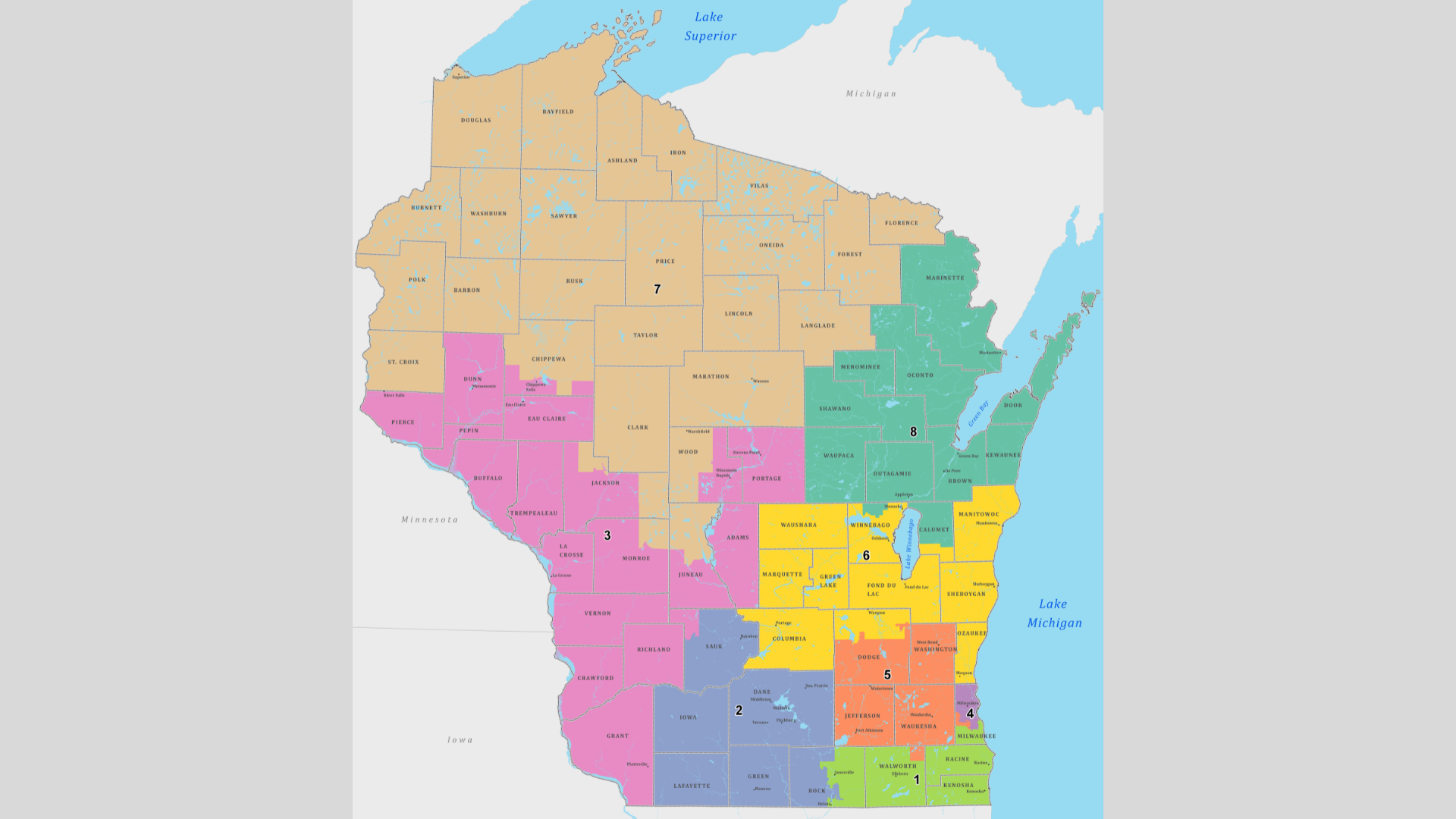Those challenging Wisconsin’s congressional map as an “anti-competitive gerrymander” argue the state Supreme Court should appoint a three-judge panel to hear the case. But GOP members of the state’s congressional delegation countered the lawsuit doesn’t fit with the Legislature’s intention for the process it laid out in 2011 to hear an apportionment challenge. In dueling filings late Thursday, the...
Please log in to access subscriber content.
If you don't have a subscription, please contact schmies@wispolitics.com for subscription options on the WisPolitics-State Affairs platform, which is the new home for WisPolitics subscriber products.


